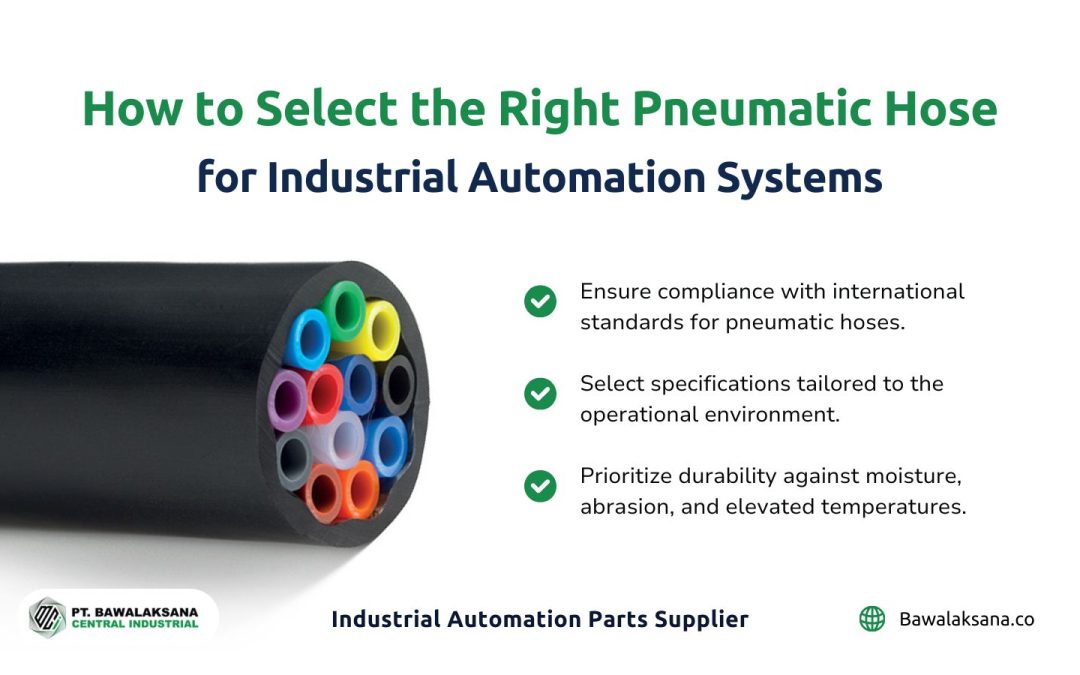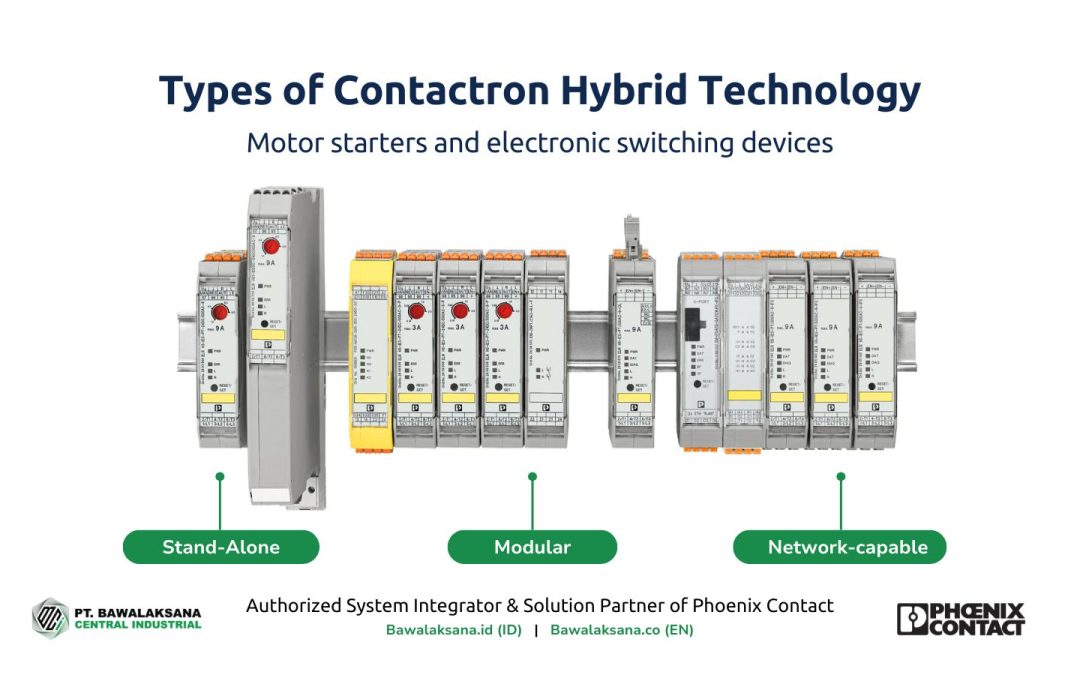Calibrating pressure gauges are essential, particularly in critical industries like petrochemicals, pharmaceuticals, food and beverage, and oil and gas.
While regular calibration can be a significant expense, with intervals ranging from once a year to every three months, the potential costs of inaccurate measurements far outweigh these.
Overlooking calibration can lead to substantial financial losses, making the investment in calibration a wise and cost-effective decision.
Failure to calibrate pressure gauges can lead to severe consequences, such as equipment damage, wasted production batches, and hefty fines for non-compliance with regulations. No industry can afford to take these risks.
Here are four compelling reasons to ensure that pressure gauge calibration is performed regularly:
Ensuring the Safety of Industrial Processes
Pressure gauge calibration is crucial in ensuring the safety of industrial processes. Accurate pressure readings are vital in high-pressure industrial processes, especially when handling aggressive, toxic, or highly flammable fluids. Regular calibration is the key to preventing potential safety risks.
Accurate pressure readings are critical in high-pressure industrial processes exceeding 14,000 Psi, especially when handling aggressive, toxic, or highly flammable fluids.
If pressure gauges are not regularly calibrated, they can yield significantly inaccurate readings, which can escalate safety risks, including the potential for fires in industrial settings.
These hazards create serious threats not only to engineering personnel but also to company assets.
For this reason, regular calibration of pressure measurement instruments is vital to confirm their accuracy. Doing so ensures that these instruments deliver precise and reliable readings, ultimately enhancing operational safety.
Minimizing Manufacturing Errors and Costs
Consider the fallout from discarding an entire production batch due to inaccurate pressure measurements. Such a scenario could result in significant financial losses, production delays, and disruptions in meeting customer demands.
Manufacturing errors can lead to serious challenges with far-reaching consequences in petrochemicals, pharmaceuticals, food and beverage, electronics, and automotive industries.
Even slight variations in measurements can impact process quality and the final product. Moreover, these inaccuracies can jeopardize consumer safety, compromise production efficiency, and undermine product integrity.
Based on our experience, manufacturing errors often lead to various costly repercussions, including:
- Heightened financial losses from the need to replace faulty equipment and defective goods.
- Wasted raw materials if production batches must be tossed out.
- Extended downtime due to failures in production processes.
- An increased need for repairs or replacements of damaged machinery.
- Products that fall short of industry standards.
Regular calibration is the most effective preventive strategy for mitigating such financial setbacks. By ensuring that pressure measurement instruments are accurate, businesses can safeguard against negative impacts on their operations and maintain overall quality.
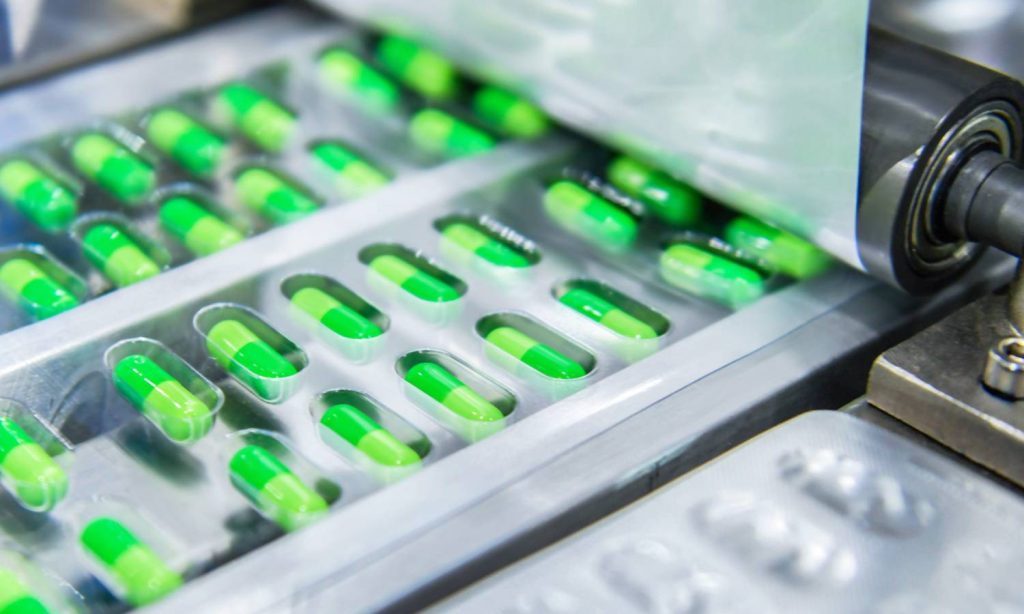
Ensuring Process and Product Integrity
Maintaining process integrity is vital for achieving high-quality, consistent products in mass production. Accurate pressure readings play a key role in upholding these standards.
Regular calibration of pressure gauges is essential to maintaining process integrity and product quality. Even the most reliable pressure gauges can lose accuracy over time, and regular calibration counteracts this.
Calibration helps preserve the integrity of your processes and the consistency of your product quality by ensuring optimal measurement performance.
Neglecting this step can lead to declining product quality, which risks customer dissatisfaction and could result in significant product recalls.
Accuracy is key when measuring pressure in industrial processes. To ensure this accuracy, it’s crucial to use high-quality, original pressure gauges.
Be cautious when considering low-cost options, even if they come from reputable brands, as there has been a recent surge in counterfeit pressure gauges of alarmingly poor quality. By investing in high-quality, original gauges, you can be confident in the accuracy of your measurements.
Ensuring Top-Notch Product Quality
Achieving product quality assurance hinges on a company’s ability to meet industry standards and comply with regulatory requirements. Adhering to these standards and specifications is essential for maintaining customer satisfaction and is a moral obligation for any business.
On the flip side, neglecting to uphold consistent product quality can lead to serious consequences and financial setbacks, including:
- Penalties for failing to comply with regulations
- Shutdowns of production lines due to unsuccessful audits
- Damage to the company’s reputation among customers

Contributing to Environmental Sustainability
Many individuals may not recognize that the calibration of pressure measurement instruments is critical in fostering environmental sustainability. By ensuring precise pressure measurements, industries can significantly improve their operational efficiency. This enhancement leads to a reduction in defective products, a decrease in waste, and a minimized need for reprocessing, all of which contribute to maintaining economic value.
Furthermore, increased process efficiency in manufacturing directly impacts emissions and industrial waste reduction—challenges that persistently affect our planet.
Additionally, when operations function optimally, the likelihood of accidents caused by excessive pressure diminishes, thereby mitigating potential environmental contamination before it occurs. This proactive approach is essential in protecting our environment for future generations.
We must collectively calibrate pressure gauges routinely to cultivate a healthier and more sustainable future.
Conclusion
In conclusion, regular pressure gauge calibration provides numerous advantages. It enhances operational efficiency, improves production quality, and ensures the safety of industrial processes. Furthermore, it is crucial in promoting long-term safety within the industry and its adjacent environment.
Consistent calibration also enables organizations to adhere to the required standards for high-quality production processes.
While calibration may be an additional operational expense, ensuring accurate and valid measurements is essential.

Trusted Supplier for High-Quality Pressure Measurement Instruments
PT Bawalaksana Central Industrial is an official distributor of instrumentation products from Instruments To Industry (ITI), a manufacturer based in the United Kingdom.
Our company supplies high-quality devices for measuring pressure and temperature, including widely used calibration tools such as the Dead Weight Tester (DWT) and Pressure Comparator for calibrating pressure gauges.
We are prepared to offer professional assistance if you require high-quality European pressure gauges or calibration equipment for accurate pressure measurement.
We invite you to consult with our expert team today for comprehensive information. Please click the Consultation button below to initiate a dialogue with the Bawalaksana team.

Romanta Pinrih Linuwih
Pneumatic Automation Systems Expert
This article was written in collaboration with Romanta Pinrih Linuwih, an expert in Pneumatic Automation Systems, to ensure accuracy and high quality insights.

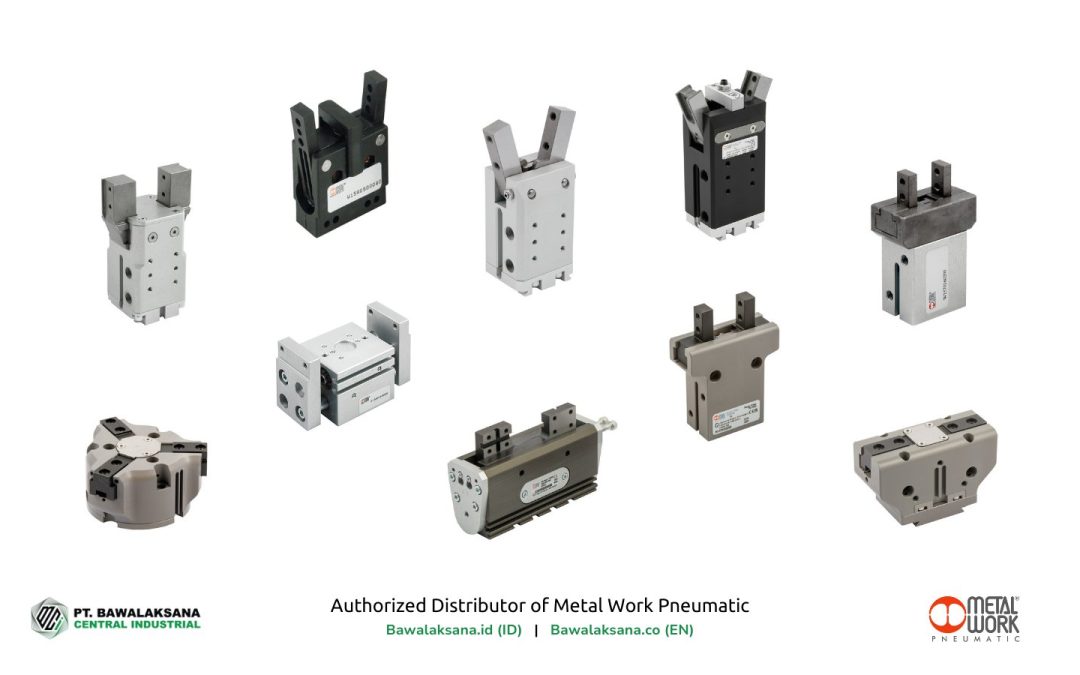
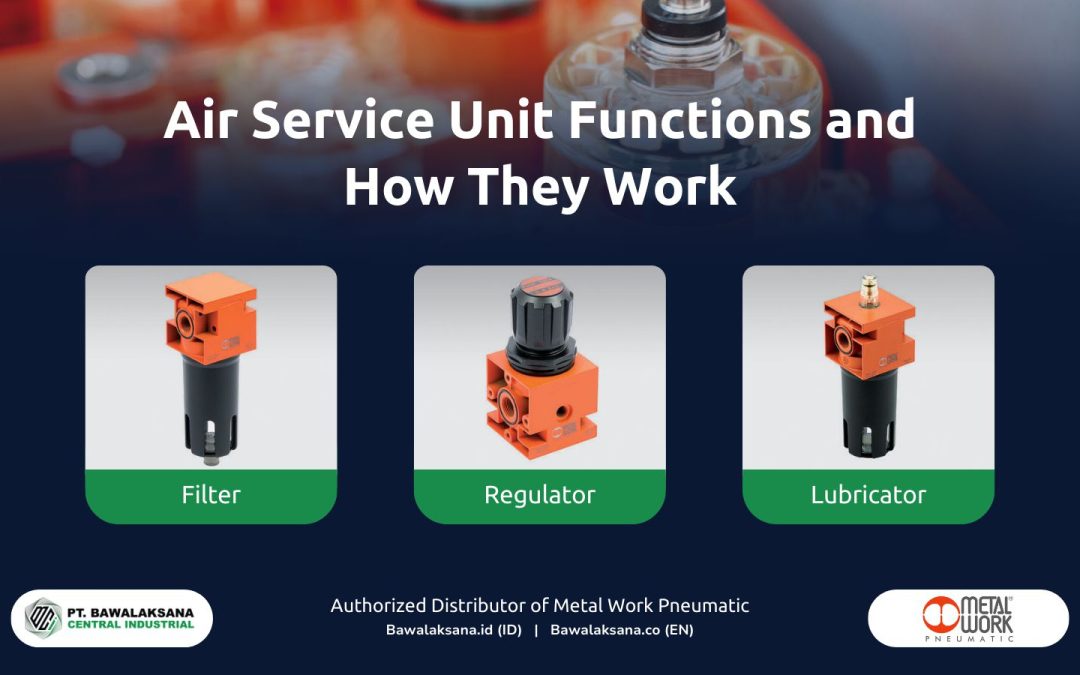
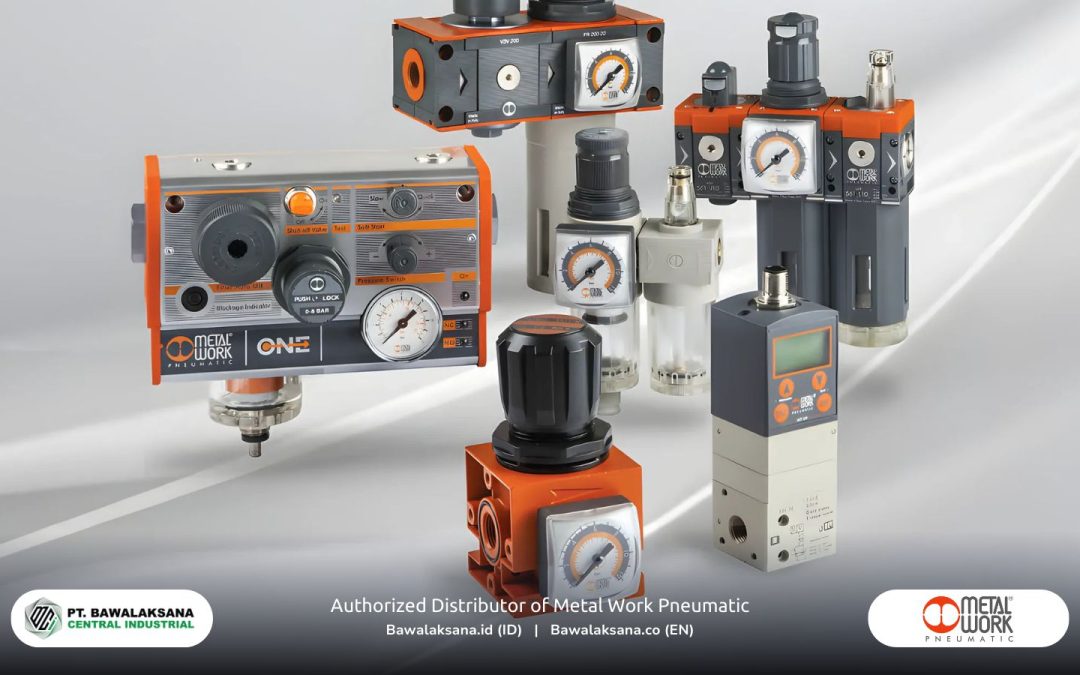
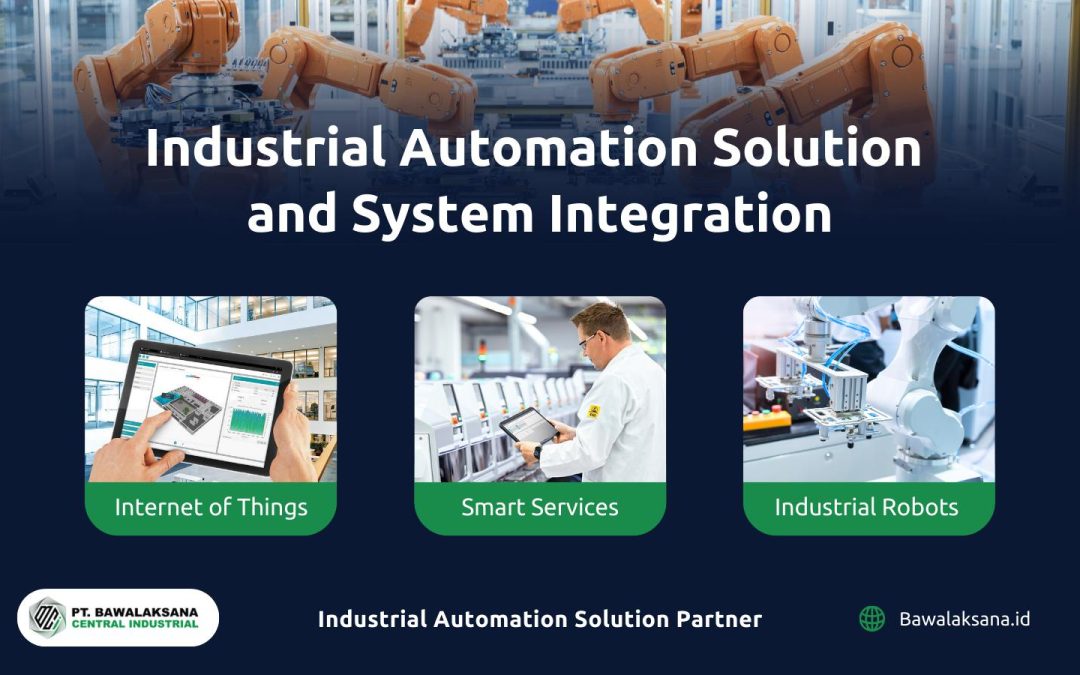
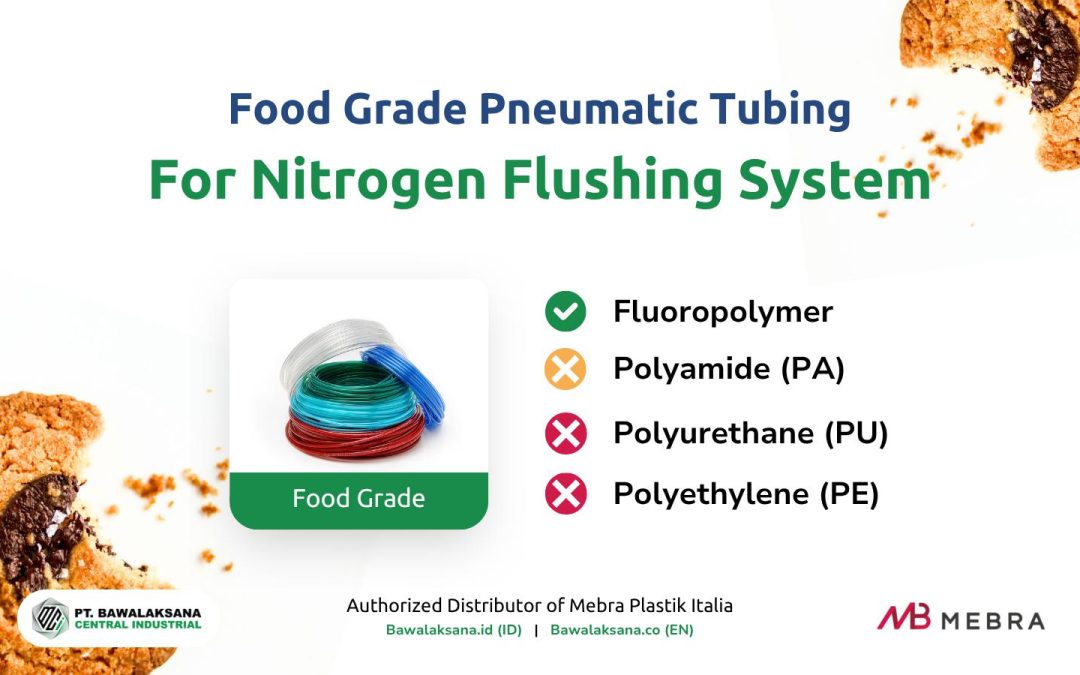
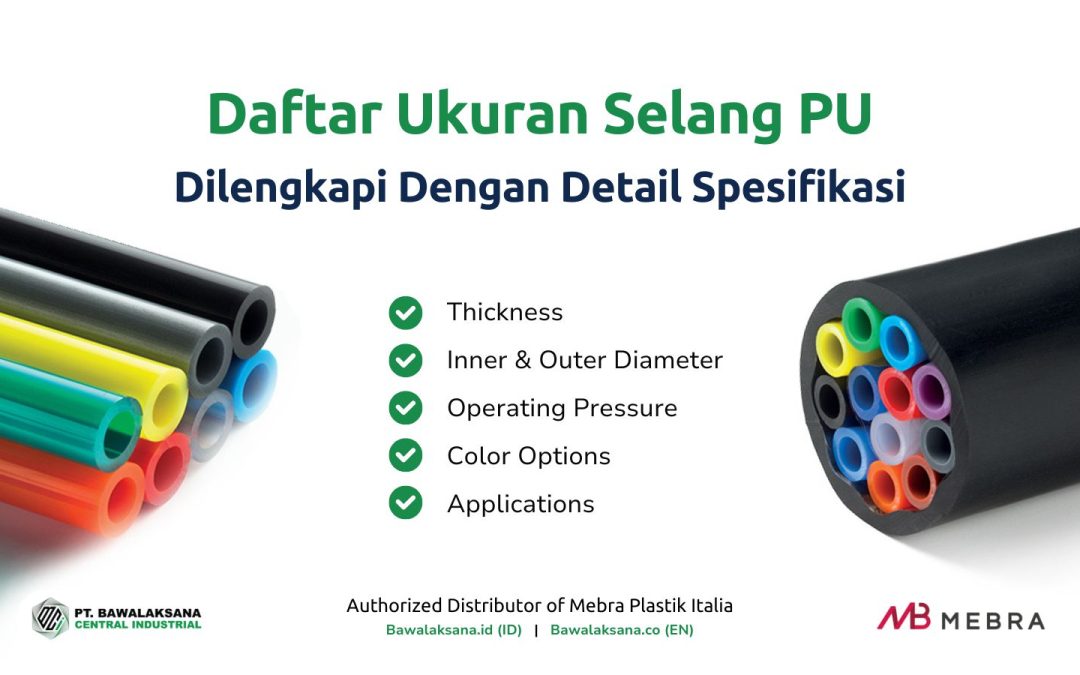
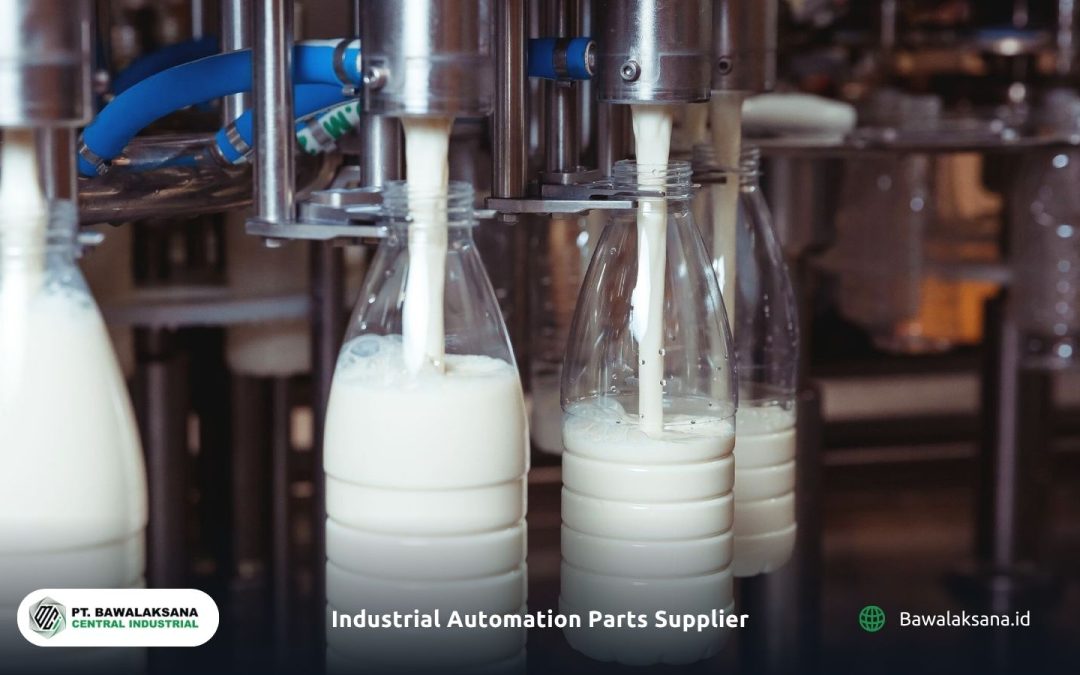
![10+ Examples of Pneumatic Tools in Daily Life and Industry [2025]](https://bawalaksana.co/wp-content/uploads/2025/05/Sandblasting-large-diameter-pipes-to-remove-surface-contaminants-1080x675.jpg)
